The UK Electricity Costs of Home Broadband ISP Routers Compared
At this point we decided to take the slightly more recent SR102 (802.11n WiFi at 2.4GHz = 144Mbps) and investigate what happens when five devices, situated one room away, are connected over both WiFi + LAN and tasked with conducting a number of different / bandwidth intensive tests at exactly the same time.
We picked the SR102 because it’s basically the same as the SR101, albeit with added VDSL2 (FTTC) support and an ever so slightly faster chipset. At idle it only uses a tiny amount of extra power (4.5 Watts+) compared with the SR101’s steady 4 Watts.
The Test Devices and Simultaneous Activities
iPad Mini (Apple iOS)
Run ISPreview.co.uk’s Broadband SpeedtestSony Z5 Premium (Android Smartphone)
Run ISPreview.co.uk’s Broadband SpeedtestDesktop PC
Download Windows 7 SP1 ISO from Microsoft Server + 1GB LAN File TransferDell Venue 11 Pro PC Tablet
Download Windows 10 ISO from Microsoft Server + 1GB WLAN File TransferSamsung 32″ J6300 HD TV
Streaming a Netflix TV Show in 1080p HD
Our stress test, which was conducted on a 37Mbps FTTC line (a faster line would require a little more power), pushed the broadband and admittedly slow WiFi / LAN connection to its limits. The result saw our SR102 router increase its IDLE power consumption from a shade over 4.5 Watts (just one device connected) to 6.5 Watts under LOAD with multiple devices (an increase of around 44%).
At IDLE the SR102 would thus cost £6.10 per year to run and this rises to £8.83 when the router is placed under almost constant LOAD. In other words there is a cost, but it remains so low as to be largely irrelevant. Now lets see how the latest kit compares from several of the major broadband ISPs.
SIDE NOTE: We should point out that the Power Supply Unit (PSU) for most routers will usually be able to cope with significantly more electricity than the device itself would ever use (plenty of overhead is normal), so don’t put too much stock in the old Volts x Amps = Watts calculation as a reflection of the router’s real-world power consumption. A router will only run so fast [peak broadband + WiFi + LAN] before you can’t do much more or it simply overheats, which may occur before it reaches the max PSU rating.
Comparing Power Usage on Major ISP Routers
Unfortunately we didn’t have practical access to all of the kit listed below and thus many of our estimates are based on what the ISP / manufacturers told us, although for some ISPs (e.g. Sky and Plus net) we were able to contrast the stated claims about power usage with some actual testing in order to examine the reality of the published figures.
However our own figures for LOAD are based around a “typical family” style test (above), while it’s likely that the manufacturers figures may have been able to push their hardware much further than we could. So the IDLE figure is the most stable point for comparison and indeed most routers spend far longer at close to IDLE levels than under LOAD.
Otherwise we generally picked the latest kit from each ISP and it’s worth noting that these modern routers are much more advanced than Sky’s SR101/102 examples above, which has an impact upon their power consumption. Where possible we also tried to look at some older kit from each ISP.
It’s important to point out that we aren’t trying to do a full comparison of all the kit (past and present) available from each of the major ISPs, but rather to give users a better idea of power usage by using a cross section of the latest kit from most of the biggest players.
NOTE: Nearly all of the routers we examined included support for both the ADSL2+ and VDSL2 (FTTC) broadband standards, except for Virgin Media’s cable routers that supported DOCSIS 3.0 and the Plusnet Hub Zero that only supported ADSL2+.
* TalkTalk (Super Router)
The Super Router is a tricky one because TalkTalk initially used the HG635 model, before later adopting a cheaper HG633 to fill the role and this sacrificed the HG635’s 4 x Gigabit Ethernet ports in favour of the slower 100Mbps standard.
Never the less it does still support 802.11ac WiFi with a 3×3 antenna array (Peak speeds: 300Mbps (2.4GHz) and 900Mbps (5GHz 11ac)) and 1 x USB3 port. However in our experience the WiFi performance of TalkTalk’s Super Router is a bit disappointing in comparison to the others.
Power Consumption (ISP Figures)
Minimum / IDLE = 6 Watts
Maximum / LOAD = 10 Watts
The result suggests that the Super Router should cost between £8.14 (IDLE) and £13.58 (LOAD) per year to run, which isn’t anything to really worry about.
* BT (HomeHub 5)
In memory serves, BT’s original HomeHub 1 router consumed around 8 Watts, while the HomeHub 2 pushed this to between 7 Watts (IDLE) and 10 Watts (LOAD) and later the HomeHub 3 required about 5 Watts. At this point we’ll skip the HomeHub 4 because we couldn’t find any reliable data on its power usage in our archives.
However until very recently BT’s HomeHub 5 was the cream of their crop, offering support for 802.11ac WiFi (2.4GHz up to 300Mbps and 5GHz up to 1300Mbps), 4 x Gigabit Ethernet powers and 1 x USB2 port. Suffice to say that it was quite a reasonable piece of kit at its release, but since then BT’s hardware has fallen a little bit behind their rivals.
Power Consumption (Our Figures)
Minimum / IDLE = 5.5 Watts
Maximum / LOAD = 7.5 Watts
In terms of electricity usage the HH5 should cost between £7.48 (IDLE) and £10.18 (LOAD) per year to run, which appears to be broadly in keeping with what we’ve seen above, albeit seemingly more efficient than some of the older HomeHub and Sky routers.
* BT (SmartHub)
Few will have been able to escape the recent launch of BT’s new SmartHub router (here), which is currently one of the most advanced in terms of bundled ISP kit. The new kit houses 7 antennas to fuel the very latest 802.11ac WiFi implementation (2.4GHz = up to 217Mbps and 5GHz = up to 1700Mbps), 4 x Gigabit Ethernet ports and 1 x USB2 port.
Power Consumption (ISP Figures)
Minimum / IDLE = 7 Watts
Maximum / LOAD = 11 Watts
Naturally the SmartHub is a bit more power hungry than some of its rivals, but then you’d expect that from a device that claims to beat most of its competitors (benchmarks). In terms of electricity usage the SmartHub should cost between £9.49 (IDLE) and £14.93 (LOAD) per year to run, which makes it the most expensive of the bunch but not by much (TalkTalk’s SuperRouter comes close and that’s considered a slower device).
* Virgin Media (SuperHub 3)
Sadly we didn’t have enough reliable data to examine the previous SuperHub 2AC router, but luckily Virgin Media’s fairly recent SuperHub 3 (aka – ARRIS TG2492LG-VM / TG2492S / VMDG505) is much easier to pin down.
Mark is a professional technology writer, IT consultant and computer engineer from Dorset (England), he also founded ISPreview in 1999 and enjoys analysing the latest telecoms and broadband developments. Find me on X (Twitter), Mastodon, Facebook and Linkedin.
« Sky Broadband Won’t Sell to People Unable to Get 2Mbps Speeds
Latest UK ISP News
- FTTP (5530)
- BT (3518)
- Politics (2542)
- Openreach (2298)
- Business (2266)
- Building Digital UK (2247)
- FTTC (2045)
- Mobile Broadband (1977)
- Statistics (1790)
- 4G (1668)
- Virgin Media (1621)
- Ofcom Regulation (1465)
- Fibre Optic (1396)
- Wireless Internet (1391)
- FTTH (1382)

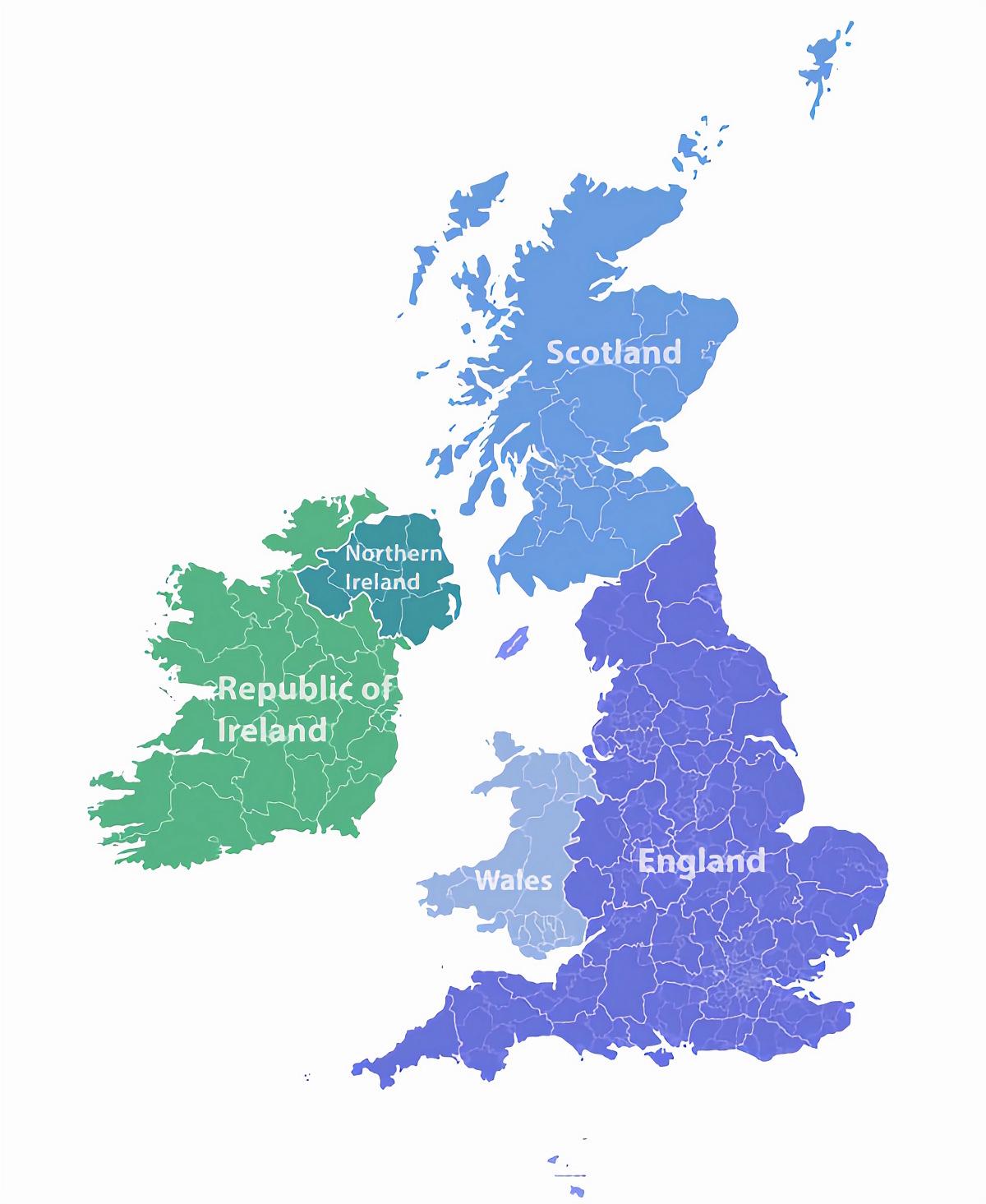
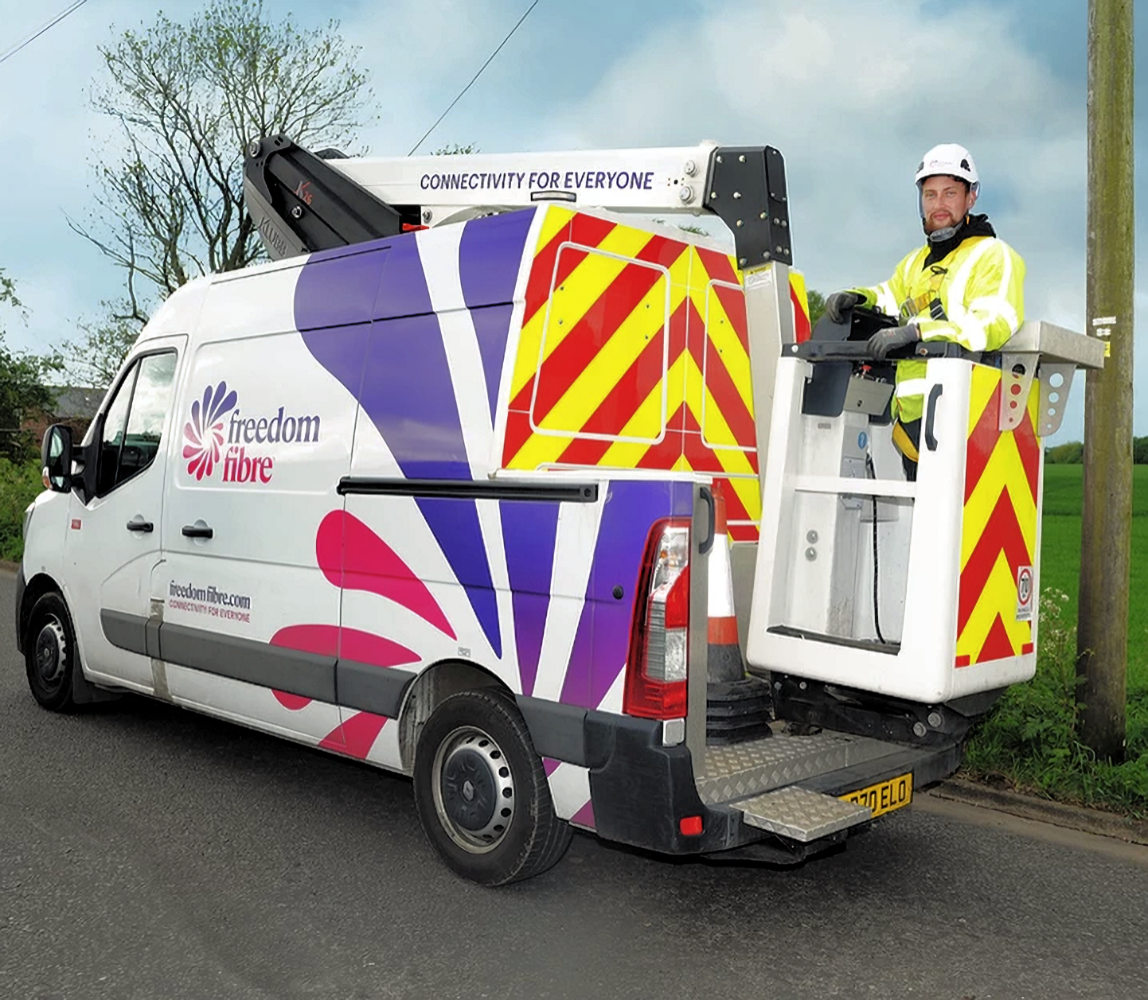

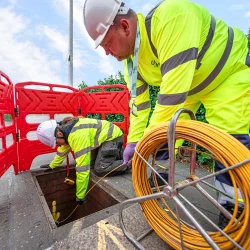












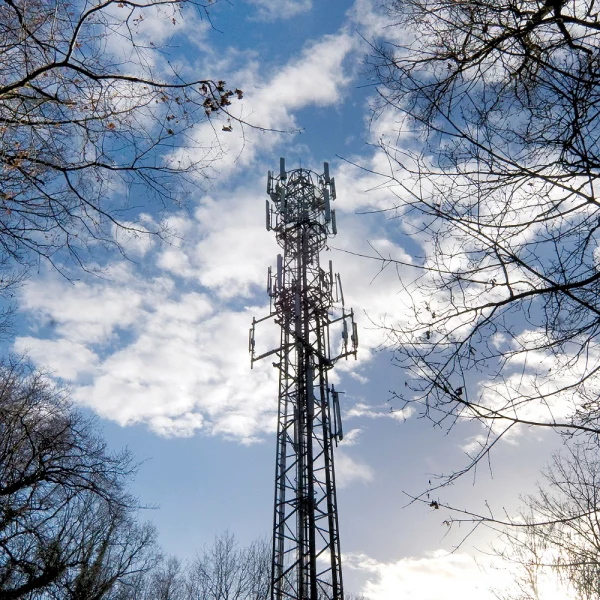
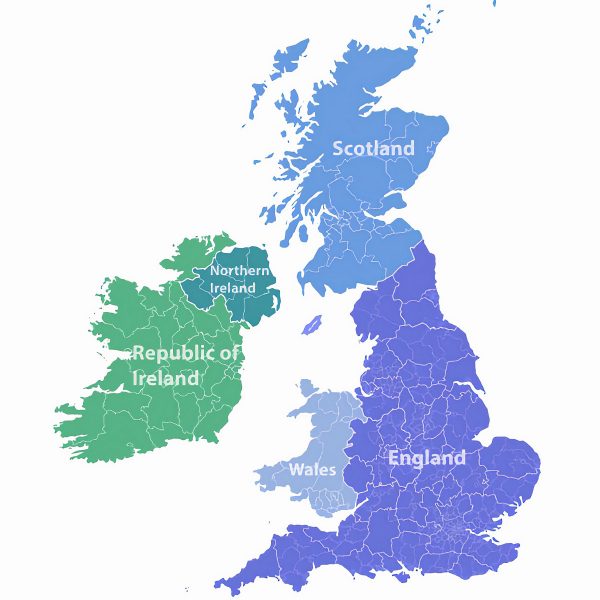
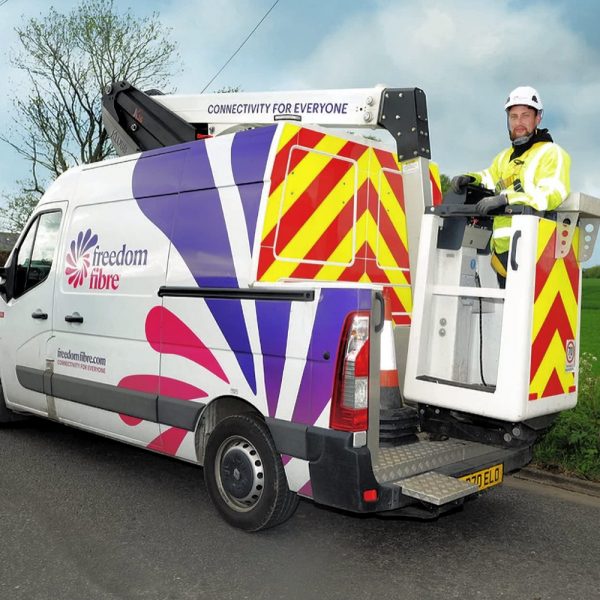




































Comments are closed